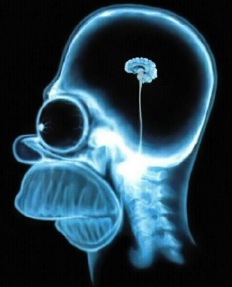“The euro strengthened against the dollar and yen after German factory orders unexpectedly increased in March, suggesting the region’s largest economy is starting to grow again.
The 17-nation currency rose against all except one of its 16 major peers as the German data damped speculation the European Central Bank will ease monetary policy further after President Mario Draghi said last week the ECB had an open mind about a negative deposit rate.Australia’s dollar fell to a two- month low against the greenback after the central bank cut interest rates to a record low. Sweden’s krona strengthened as industrial production (SWIPNSYY) exceeded economists’ forecasts.
“The German data was far better than expected,” said Jane Foley, senior foreign-exchange strategist at Rabobank International in London. “Today’s data suggests that we are another step away from them cutting the discount rate to negative territory.”
The euro gained 0.4 percent to $1.3123 as of 7:29 a.m. New York time after climbing to $1.3243 on May 1, the highest since Feb. 25. The single currency advanced 0.3 percent to 130.21 yen after dropping as much as 0.5 percent. The yen was little changed at 99.22 per dollar.
The euro is likely to trade between $1.30 and $1.32 until “data gives us strong direction one way or another,” Rabobank’s Foley said.
German factory orders, adjusted for seasonal swings and inflation, increased 2.2 percent from February, the Economy Ministry in Berlin said. The median estimate in a Bloomberg News survey of economists was for a 0.5 percent decline.
ECB ‘Ready’….”
Full article
Comments »


